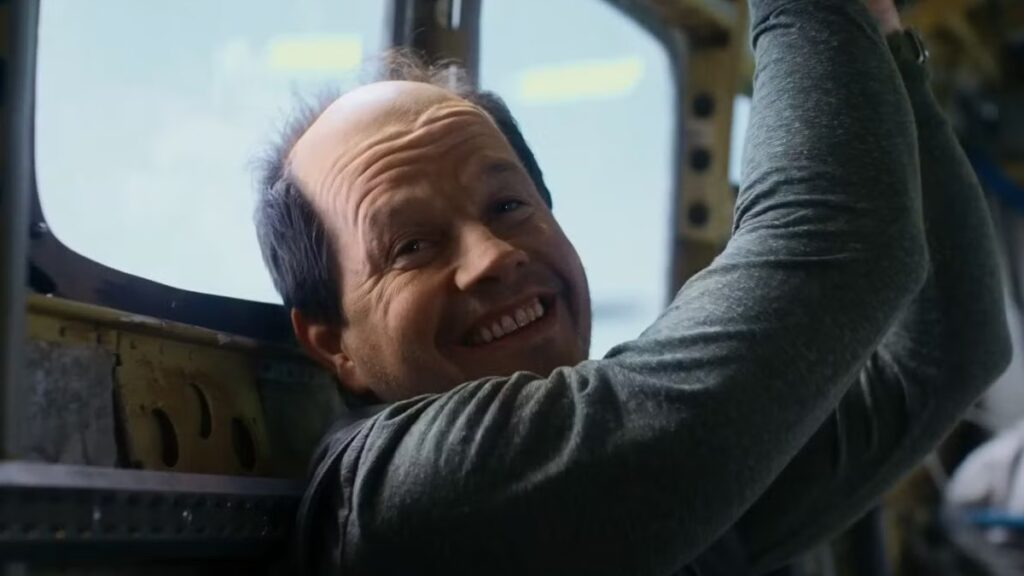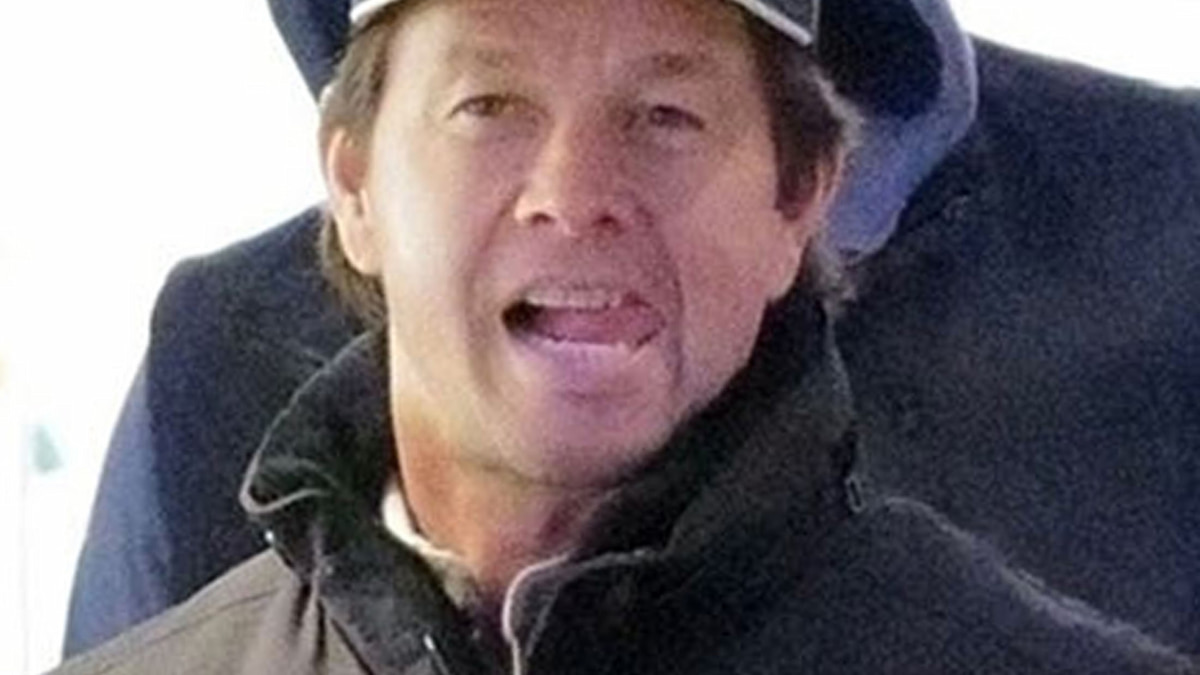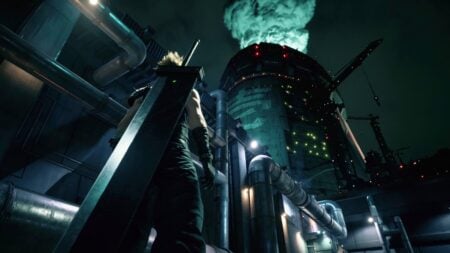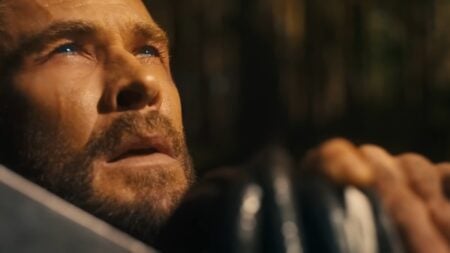Skip To...
Flight Risk reminds me that “bad” can sometimes mean “the absence of good.” The Hollywood Black List script is now a black box for this painful crash of a film. Someone could have made a tight, compelling, and unabashedly silly thriller out of that document, but that someone wasn’t Mel Gibson. The result is a boring, dim-witted, sophomoric mess of a low-budget flight.
Why do we all still have to talk about Mel Gibson? The man deep-sixed his career 20 years ago, but he never actually went away. He kept making money, guaranteeing him a place in Hollywood regardless of the things he said and did. That place got smaller and smaller over the years, trapping him in garbage like last year’s Boneyard. This is his first feature project as director since he received countless awards and nominations for Hacksaw Ridge. The man is in a tailspin, but he simply refuses to bail out.
Business (Without) Class
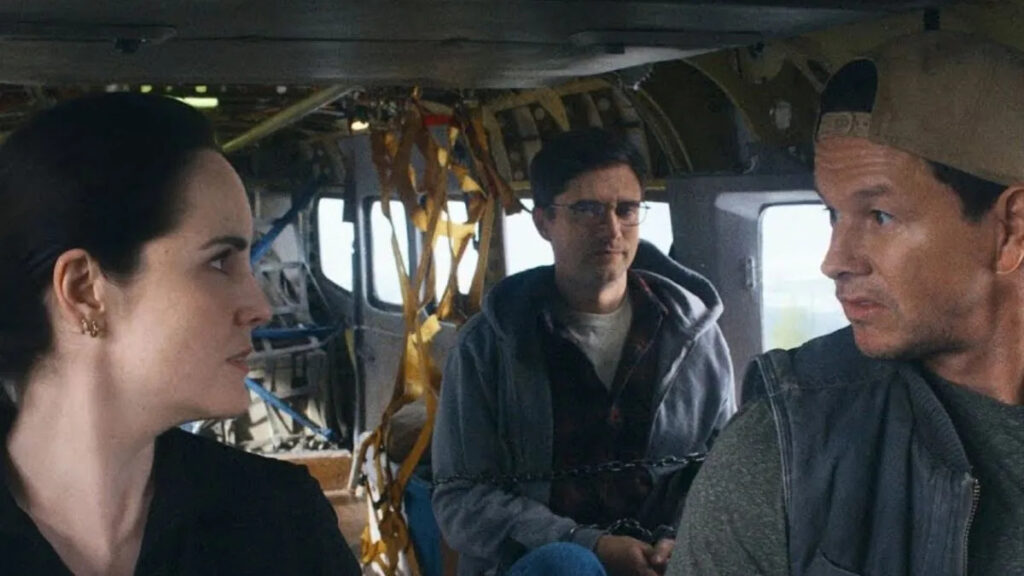
Flight Risk‘s killer premise feels almost Hitchcockian, but its execution lands infinite miles from North by Northwest. Michelle Dockery stars as Deputy U.S. Marshall Madelyn Harris, who must escort Topher Grace’s Winston across Alaska. Winston the witness strikes a deal, forcing Harris to summon a private local pilot to carry her to Anchorage. Enter Mark Wahlberg as down-home Daryl Booth, who brings a little levity to the brief flight. Winston quickly discovers that Booth isn’t who he says he is, forcing him and Harris to work together to survive. So, in short, a cop and a witness board a plane, but the pilot is an assassin. It’s an excellent concept that would keep an audience on the edge of their seats. Unfortunately, every twist and turn falls flat.
I don’t think Flight Risk strikes the ideal tone for its premise. It could be a tense thriller in the style of Phone Booth or a brutal action horror like Green Room, but it isn’t. The overwhelming centerpiece of the film’s script is all-consuming snark. I struggle to find a genuine emotion behind this project. It’s not just that the movie keeps winking at its central idea, but it also seems to pack in gags like luggage into an overstuffed compartment. The jokes are truly abysmal, relying almost entirely on shock value. Most of its comedic repertoire seems aimed at 11-year-olds. The toilet humor would be bad enough, but the script can’t stop playing sexual assault for laughs. These elements suck all of the tension out of the plot like an open airplane door.
The Seatbelt Sign is On
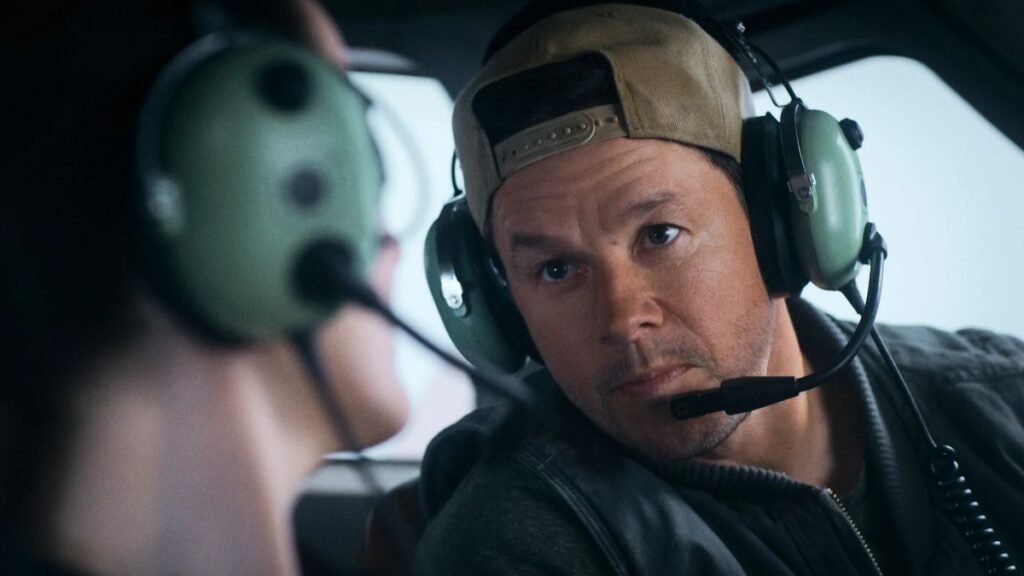
The humor doesn’t work, and the tension is weak, but surely the action keeps people engaged, right? Mel Gibson has a certain gift for filming violence that gave Hacksaw Ridge a unique impact. Either he experienced one of the greatest flukes of all time, or that ability has left him in the intervening years. Action sequences in Flight Risk take place in short bursts between long stretches of dull material. Harris and Winston fight Booth a total of three or four times, but each success comes with about 20 minutes of peace. Ultimately, most of the project concerns Harris learning how to operate a plane. In the meantime, she has to suss out a complicated betrayal plot by talking on the phone. Around half of the film’s named characters never appear on-screen. It’s a needlessly complex mess.
Mel Gibson is the source of the turbulence here for several reasons. His direction is the problem, utterly failing to maintain tension, lead his performers, or pay anything off. It’s such a simple premise to get wrong, but Gibson finds every way to keep things boring. Part of the problem is the apparent commitment to remaining generic. Each character gets exactly one personality trait. Harris is an archetypal serious professional woman, forcing her to spend 90% of her dialogue shouting “shut up.” Winston provides most of the “comic relief,” which means he fires off constant unfunny snide comments. Finally, Booth is a cartoon villain. The man is not a real person with hopes and dreams; he’s just a generic pile of threats and vulgarities. You rarely feel any sympathy for the group as the script unveils secrets about each passenger. The vessel could’ve crashed without anyone shedding a tear.
One on Every Flight
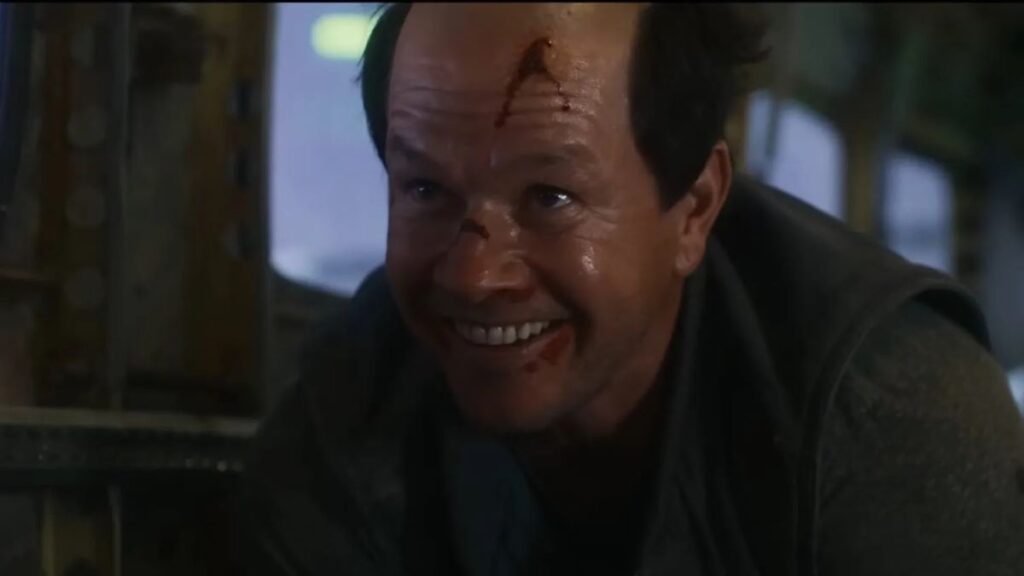
Image Source: Lionsgate
The three lead performers have most of the movie on their shoulders with little to no support. Appropriately enough, they mostly feel like they’re on autopilot. Michelle Dockery received most of her attention for her role on Downton Abbey, but she’s done this routine before as well. Humorously, she played a body double for Cate Blanchett’s character, winding up with a more convincing secret agent performance in her 2011 film debut, Hanna. She’s fine, but she has a long history of comparable roles to work from. I can’t shake the feeling that Topher Grace had to improvise most of his comedy material. It feels too repetitive to come from a script, but that could be an editing issue. He gets one solid emotional moment, but that’s about it. Finally, fatally, Wahlberg is an absolute mess of a man here. The film simply can’t fly with this much dead weight.
Flight Risk doesn’t need to exist. It’s proof positive that any premise can go awry in the execution phase. The best version of the film would probably come from a first-time director. It’s so easy to imagine a newcomer keeping the tensions high and the tone consistent, but Gibson lacks the confidence or the engagement to deliver anything approaching drama. I’ve seen worse films, but at least most disasters are more enjoyable to watch. This is a 90-minute flight mostly in real time that feels like raw-dogging a 10-hour voyage. I wonder if you’d get more out of watching it on a plane. At least you’d get to justify your entertainment choices to your fellow passengers.
Flight Risk
Flight Risk is boring, ill-advised, and pointless in a way that suggests its creator hates the project, the audience, or both.
Pros
- Blessedly short runtime
- Okay performances
- At least one compelling emotional moment
Cons
- Dozens of terrible jokes
- A complete lack of tension
- Abysmal direction from an (allegedly) awful human being

